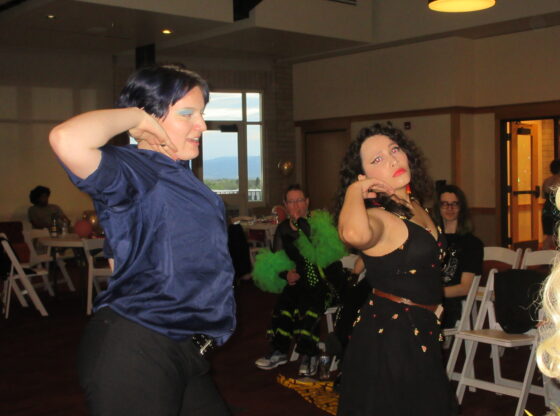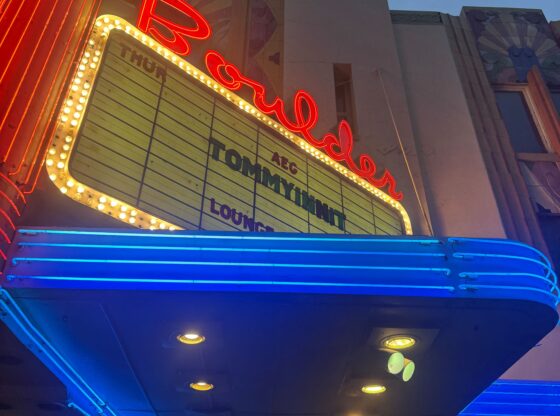King Krule’s newest album “The OOZ” is a sensorial journey into the strange, shadowy corners of the artist’s mind.
Archy Ivan Marshall, otherwise known as King Krule, is a spindly redhead with a voice that quakes beneath the weight of profundity and an absurdly strong English accent. His gruff tones, heavy lyrics and punk-jazz backing tracks have set him apart as an unparalleled sound in today’s industry.
Four years after “6 Feet Beneath the Moon,” King Krule’s first album released when he was only nineteen, “The OOZ” displays Archy’s maturation into adulthood both as a musician and as an individual. The new record still has all of the brooding and post-punk sentimentalities that earned him his cult-following, but there is a greater fixation on the more abstract qualities of music like texture and atmosphere.
The album is tied together by a string of ambiguous introductions of soft sensorial sounds like the sputtering of rain or the crackling of a cigarette. The smooth jazz chords gradually emerge from the sonic noise, creating an ethereal and unsettling mood reminiscent of David Lynch’s Black Lodge in “Twin Peaks.”
A Lynchian influence is further felt in Krule’s lyrical themes of isolation, distortion and obscurity. In his track, “The OOZ” the singer’s voice is distant, overwhelmed by a chaos of instruments and indeterminate noise, reflecting the song’s detached narrative of shouting into a void. In the first and second verses, he repeats the question “is anybody out there?” The track then morphs from desolation to madness as a hesitant female voice emerges in the outro whispering, “she leaps, she limps / tense liquid herbivore / cannibal pacifier / she pushes me off.”
There are also moments on the record showcasing the more riotous and unrefined aspects of Archy’s character. The opener “Biscuit Town,” rolls with a thick, trip-hop beat that underscores the baritone vocals and the harsh articulation of each syllable. This integrity given to the substance of each word in King Krule’s verses is likely drawn from the inspiration the artist claims to receive from the art of graffiti–the act of risking punishment in order to elevate a single statement.
Under the pseudonym “Zoo Kid,” Archy started sharing his eclectic sound on the internet in his early teens, recording out of his bedroom on free-software. Now, with two successful albums and an obsessive fan following, King Krule still shies from the spotlight. He recently turned down an invitation to record with Kanye West, claiming he “couldn’t be bothered.” His irreverent, abstract mind thrives in solitude.











